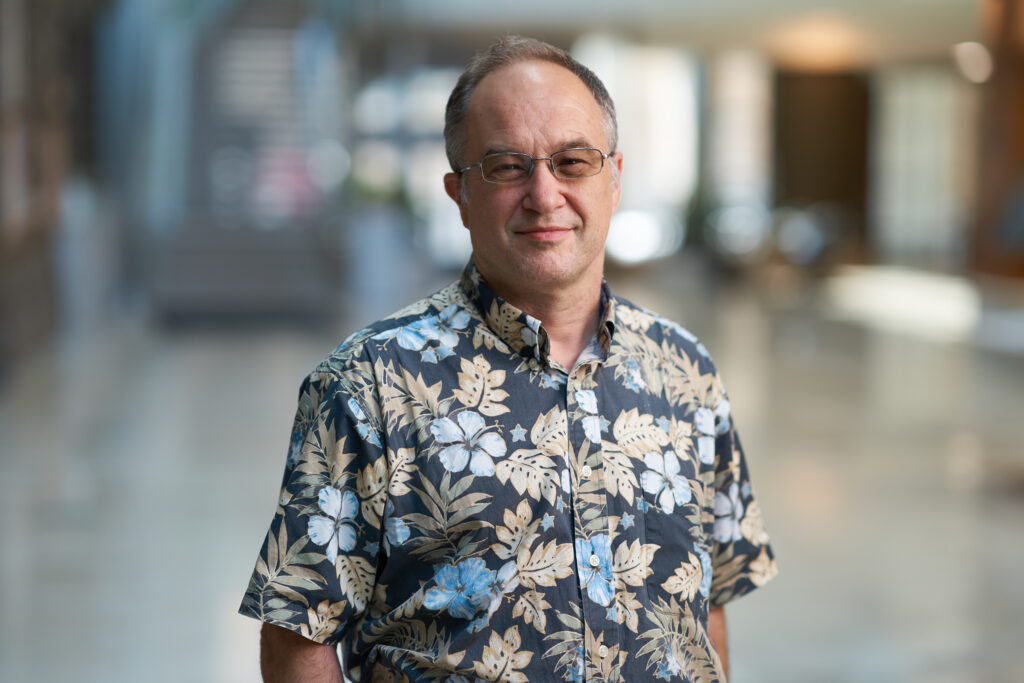
Michael Nonet, PhD, associate professor of neuroscience at Washington University School of Medicine in St. Louis, has received an R01 grant from the National Institutes of Health to advance a technique that allows for inserting long genetic sequences into the genomes of the model organism Caenorhabditis elegans. Nonet recently adapted the method, called recombination mediated cassette exchange (RMCE), for use in the widely studied worm, and the funding will go toward improving the efficiency and expanding the versatility of the technique.
Researchers have used RMCE for years in cells and entire animals, such as the fruit fly Drosophila, to insert large genetic sequences into specific sites of the genome. Integration transgenesis in C. elegans has proved more difficult because introduced DNA can sometimes take up residence in cells outside of chromosomes, rather than integrating into them, or the techniques have lacked precision in directing insertions to specific sites in the genome.
In 2020, Nonet reported in Genetics the successful adaptation of RMCE in C. elegans. According to the paper, the technique integrated genetic sequences into the genomes of one out of every three animals treated, making it the most efficient method among current approaches to creating large genetic insertions.
Nonet’s goal is to further improve transgenesis techniques for the round worm by increasing the efficiency of RMCE and developing additional related recombination-mediated integration techniques. Another aspect of the grant is to develop bipartite systems for high level expression of genetically encoded cell biological markers.